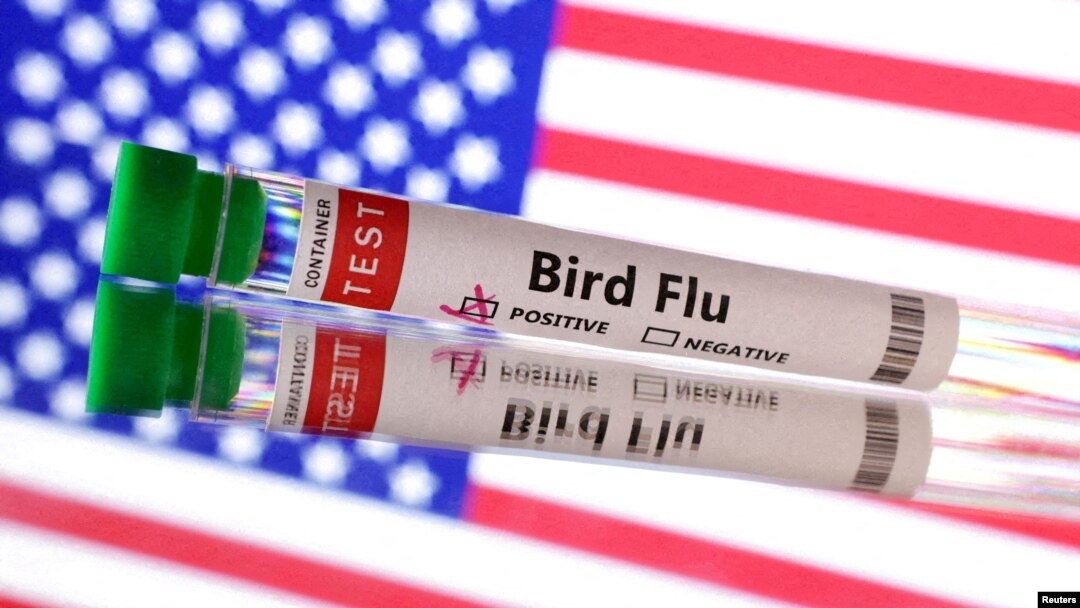On Tuesday, California health officials said that a toddler with moderate symptoms may have avian flu.
Despite having no known interaction with an infected animal, the youngster, who resides in Alameda County, which is located in the San Francisco Bay Area, tested positive for the virus.
In a news release, California Department of Public Health officials stated that they are looking into the possibility that the youngster was exposed to wild birds. Until the Centers for Disease Control and Prevention certify the positive test, it is regarded as a “possible” case.
According to the CDC, 53 people have been confirmed to have bird flu in the United States this year; all but one of them were exposed to contaminated dairy cows or poultry.
Following treatment, the youngster is recuperating at home from moderate upper respiratory symptoms, according to the health department. All of the child’s relatives tested negative, and there has been no evidence of viral transmission from person to person. Four days after the positive result, the child’s avian flu test came back negative.

Since 2022, bird flu has been rife in poultry, the biggest outbreak the United States has ever seen. The number of unwell, dead, or culled birds has exceeded 108 million. Dairy cow cases started to appear in March and have since been documented in 15 states. Last month, the virus was initially discovered in a pig.
Seven states have verified cases in humans, almost all of them among farmworkers. Last Monday, Oregon reported its first human case. However, these diseases are still uncommon, and health experts insist that there is very little risk to the general population.
According to health experts, the California child’s symptoms may have been brought on by other respiratory viruses, as testing for those viruses also tested positive at the same time.
According to the officials’ news release, the child’s relatives are receiving preventative treatment after it was established that they all have the same common respiratory infections.
Health officials gave testing and preventative treatment and informed those who had come into touch with the youngster. According to authorities, the youngster had moderate symptoms when he or she visited daycare.
While acknowledging that people may be worried, Tomás Aragón, the director of the state’s health department, assured the public in a statement that “based on the information and data we have, we don’t think the child was infectious — and no human-to-human spread of bird flu has been documented in any country for more than 15 years.”

With 27 confirmed cases of human bird flu so far, excluding the kid in Alameda County, California has the highest percentage of cases in the United States. Colorado has ten cases and Washington has eleven. However, testing and monitoring levels vary by state, which may account for part of the disparity.
A adolescent who was hospitalized and in serious condition last week was the first human case of avian flu in Canada, according to health experts. According to officials, the teen was around dogs, cats, and reptiles but had no exposure to agricultural animals.





